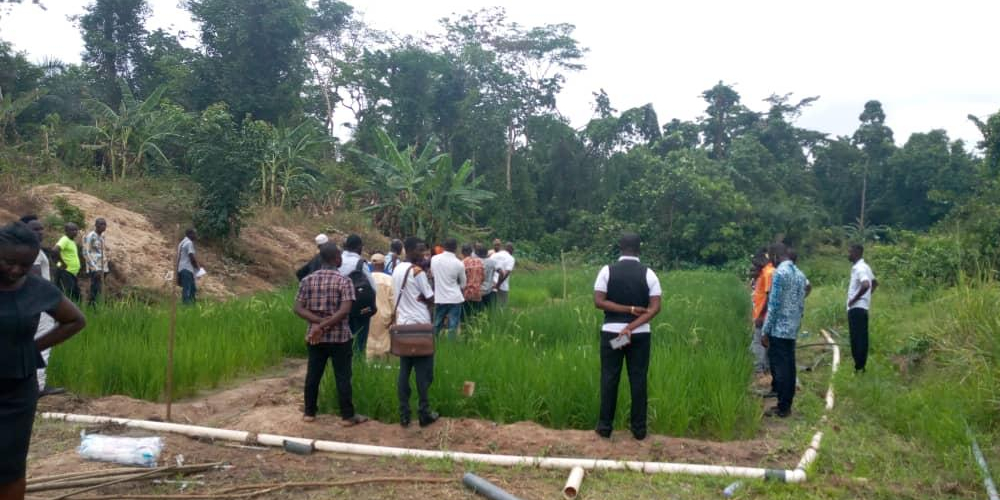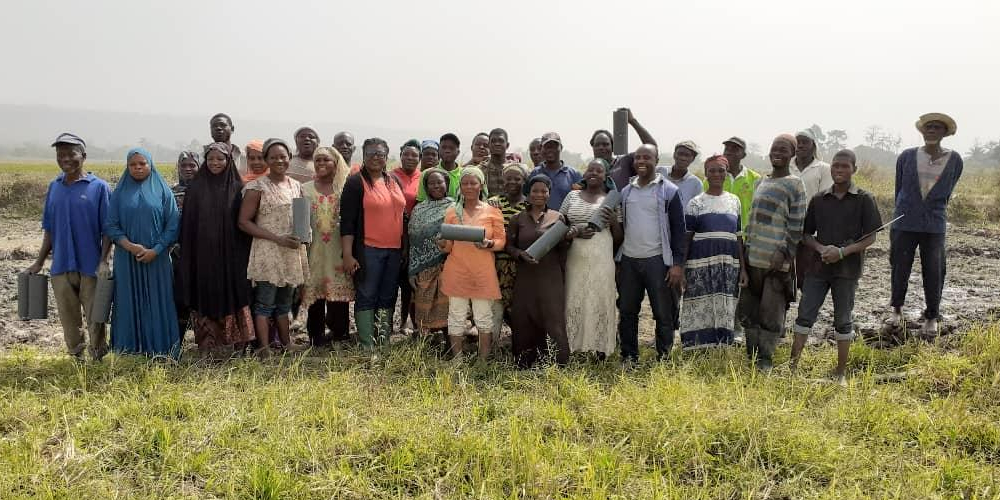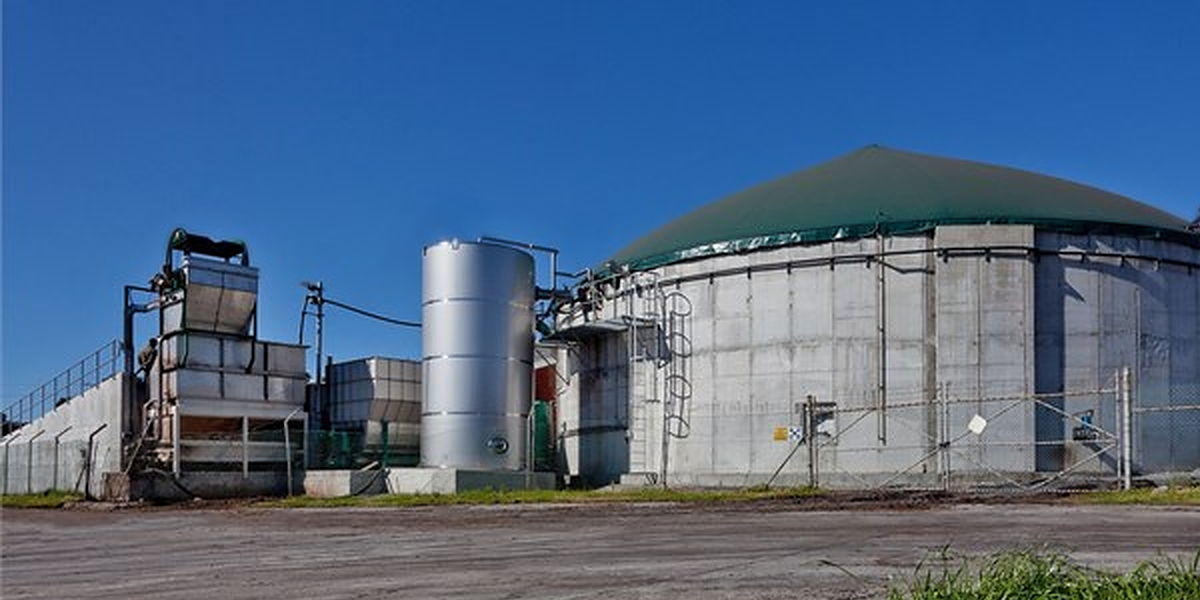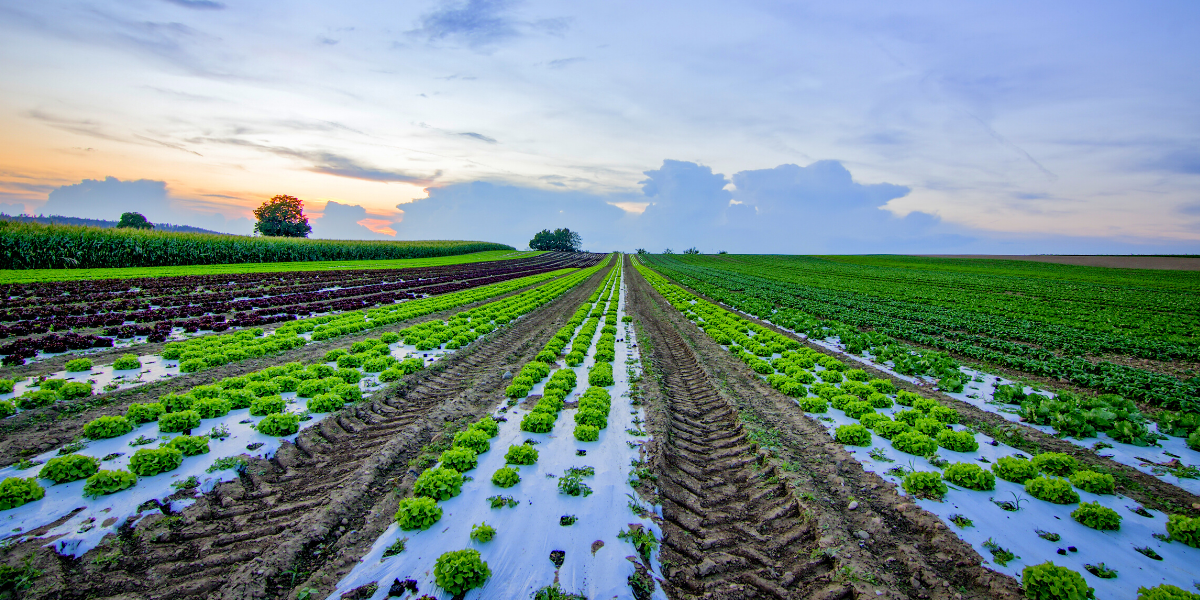
Inadequate water and nutrient supplies limit crop yields in Ghana. Farmers need to manage these resources wisely to ensure long-term agricultural sustainability and local food security. Within the RECIRCULATE project, which aims to build scientific capacity in Africa for sustainable development, CSIR-Crops Research Institute (CRI) has a mandate to deliver sustainable water and nutrient management for rice and tomato production as part of WP3-Water for Food Production.
Rice is an important food security crop for Ghana, with current production deficits. Government policy is to increase rice production to reduce the costs of imports amidst resource scarcity. Alternate wetting and drying (AWD) is a water-saving agricultural technology. CSIR-CRI trials show a 30% water saving compared to continuously flooded plots, with the same rice yields achieved.

Members of local farming communities visiting CSIR-CRI, Kumasi (Ghana) to see rice grown using AWD
Training workshops and open days at CSIR-CRI are introducing the technology to farmers, extension officers, irrigation management staff, policy actors and other stakeholders, with over 150 people already visiting the Kumasi site to see the trials. About 80% of these visitors liked the technology, and have expressed a willingness to adopt it for rice production.
Apart from the scheduled events, CSIR-CRI are getting frequent visits from farmers and extension agents from rice growing communities. They explained that AWD water saving technology will help save energy, labour and time. Moreover, CSIR-CRI staff are now managing trials in some of these rice-growing communities, to increase exposure of the communities to the technology.




